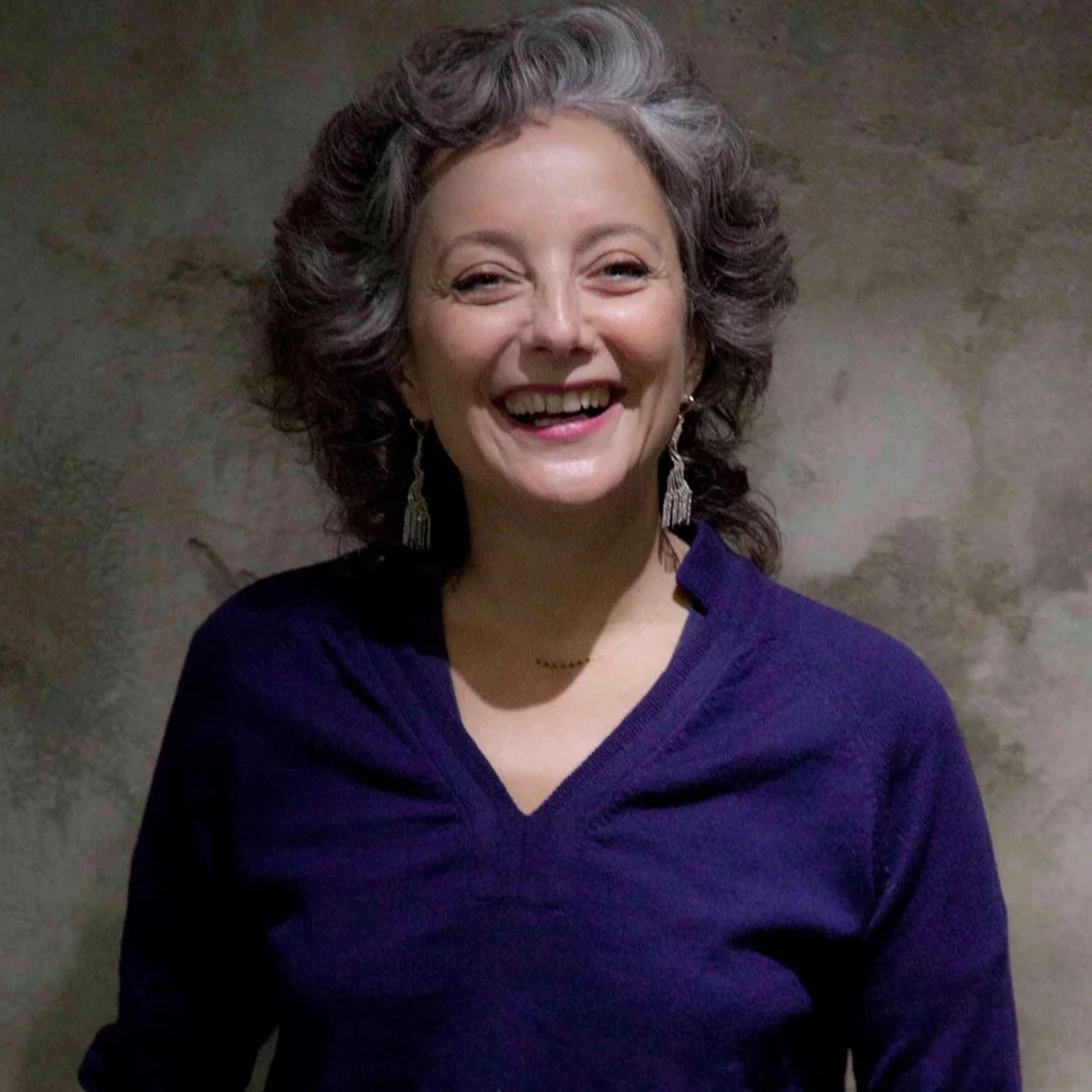Conversation
Judith Benhamou
"We have no choice but to imagine a better future."

Judith Benhamou-Huet is a French journalist, independent curator and author specializing in art and the art market.
She is a columnist for Les Echos newspaper and publishes interviews and art reviews in her reference blog "Judith Benhamou-Huet Reports".
Her books include: "Global Collectors. Collectors of the World" (Ed. Phebus. 2008). She curated exhibitions, notably: "Warhol TV", "Warhol TV II", "Warhol TV III" (Paris, Lisbon, Rio. 2009-2011), and "Mapplethorpe-Rodin" (Paris. 2014).
MADELEINE SCHWINGE: What impact can art have on social transformation?
JUDITH BENHAMOU-HUET: Artists can have two main types of influence: by trumpeting and repeating their iconoclastic thoughts. Etes Adnan, who says that “the world must stop more often”, for example, has such a daring thought that only an artist can express it; through indirect channels: artists associate with powerful people who have a political and economic impact and, in this context, can also influence the system. In France, we know this well with François Pinault and Bernard Arnaud who frequent the most prominent artists.
MS: Given the disasters and crises that characterize our world today, is it even possible that we dare to hope for and imagine a better future? What role can narrative play in times of great crisis and historical upheaval? JB: These are two different issues. I don't know what to say. Yes, we have no choice but to imagine a better future. After fighting for what I want, I also like to think in terms of "make against bad luck good heart”.
MS: What might a dialogue between art and other disciplines look like to promote innovation and shape the future? JB: Some artists are already very interested in science. The first time I heard the word "anthropocene" was from the mouth of the artist Pierre Huyghe, for example. Philippe Parreno is also very interested in science or Olafur Eliasson in another genre. But the artists are free. They must not be forced to do anything, and art must not be made useful.
MS: What do you wish for a better future?
JB: As long as I'm bold, I'd like a world with more love.
MS: From a personal point of view, do you have any strategies, rituals or techniques to find your way in a new editorial content or to start a new project?
JB: Writing about art is for me a source of joy and great satisfaction. I love being isolated and concentrated in my office and shaping my sensibility about an artist or an exhibition. This isolation is a necessary ritual for me.
Front Photo. © Judith Benhamou-Huet